Permanent training program in
Contemporary thought and transcendence*.
*Program in Christianity and Contemporary Culture

16 weeks
From February 15, 2027
to June 14, 2027
12 ECTS credit

Campus Madrid
University of Navarra

Face-to-face classes:
Monday 15:00-18:30
onlineclass :
Thursday 20:00-21:00
![]()
€2,101.20
Possibility of applying for grants and scholarships.
*Program partially subsidized by FUNDAE. Institutional agreements.
Program partially subsidized by FUNDAE. Institutional agreements.
An analysis of the relationship between contemporary thought and transcendence. In the face of what some have called the post-truth era, this module addresses the need for reason in our time, or the very reasonableness of religious belief. The phenomenon of religion in contemporary thought is also studied, as well as the Christian idea of hope in today's secularized world.

Content

4 subjects
The need for reason in the post-truth era
Is it reasonable to believe today? Atheism, indifference and search
Thinking Ethics Today: The Process of Secularisation and the Christian Idea of Hope
Religion in contemporary thought
Faculty & Advisory Board


Manuel Oriol
D. in Philosophy and professor at CEU San Pablo University.

Pablo Blanco
Philologist, PhD in Philosophy and Dogmatic Theology, professor at the University of Navarra.

Agustín Echevarría
Professor of Philosophy at the University of Navarra

Juan Alonso García
D. in Philosophy and Theology, professor at the University of Navarra.

Mariano Crespo
Full Professor of Philosophy at the University of Navarra and academic director of the MCCC.

Leonardo Rodríguez Duplá
Full Professor of Ethics and Political Philosophy at the Pontifical University of Salamanca.
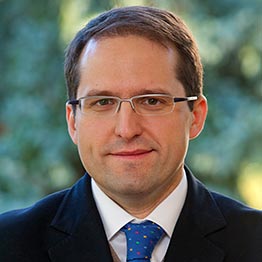
José María Torralba
Full Professor of Moral Philosophy and Politics at the University of Navarra

Ricardo Calleja
D. in Philosophy of Law and Professor of Ethics at IESE Business School, University of Navarra.
What our students say

Faith, a current challenge
"With the classes you put your faith into play, reinterpret it, update it, and put it in the light of the contemporary world."
Intellectually restless people
"Sometimes you have like a dichotomy between Christianity and its universe of ideas and contemporary culture. It seems that they are unconnected realities. And that can't be so: We are contemporary culture."
Great masters
"The category of the professors, their closeness and availability to talk with us inside and outside the classroom... that has been a gift and a great opportunity. Also the discussion with classmates, which continues at lunch, coffee... is very enriching."
Learning in freedom
"It is very motivating, because there is great respect for any opinion and everything that is said. You have total freedom to think what you want, without imposing any ideology on yourself."
Integrating what has been learned
"I appreciate the freedom of the format. It gives you the opportunity to take what's been said in class, integrate it, run it through your filter and then come up with a response to reality that is your own response."
Master's Degree for life
"It has helped me a lot to grow as a person. To develop my own critical thinking and formulate some solid ideas about issues that the real world then presents to me."
What teachers say

Schools and research Centers involved

School of Philosophy and Letters | School of Theology | School of Science | School of Medicine | School of Education and Psychology | School of Business and Economics |Core Curriculum Institute | Institute for Culture and Society | group CRYF-Science Reason and Faith |research Ethics committee | Church History Institute | group History of Spain in the 20th Century | group de research Virtue Ethics in Business | University of Navarra Museum | GEAC group on Aesthetics and Contemporary Art | IESE Business School
Master's Degree in Christianity and Contemporary Culture

CERTIFICATION OF THE degree scroll
The course Contemporary Thought and Transcendence is certified as a Permanent training Program (12 ECTS credit), and is one of the four courses that make up the Master's Degree in Christianity and Contemporary Culture of the University of Navarra.
All these courses are independent of each other. Agraduate student or university graduate who completes all four courses and makes his Master's Degree Final project (12 ECTS credit), can obtain the degree scroll Master's Degree of Permanent training in Christianity and Contemporary Culture (60 ECTS credit). (60 ECTS credit).
Scientific worldview and religion in the 21st century.
 |
Biennial program |
The search for meaning in contemporary literature and the arts
 |
Biennial program |
Understanding today's world: historical and social keys.
 |
Biennial program |
Contemporary thought and transcendence
 |
Biennial program |









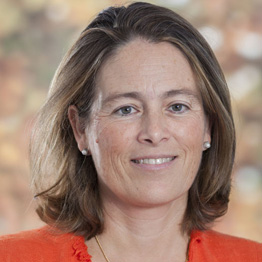 cbassy@unav.es
cbassy@unav.es